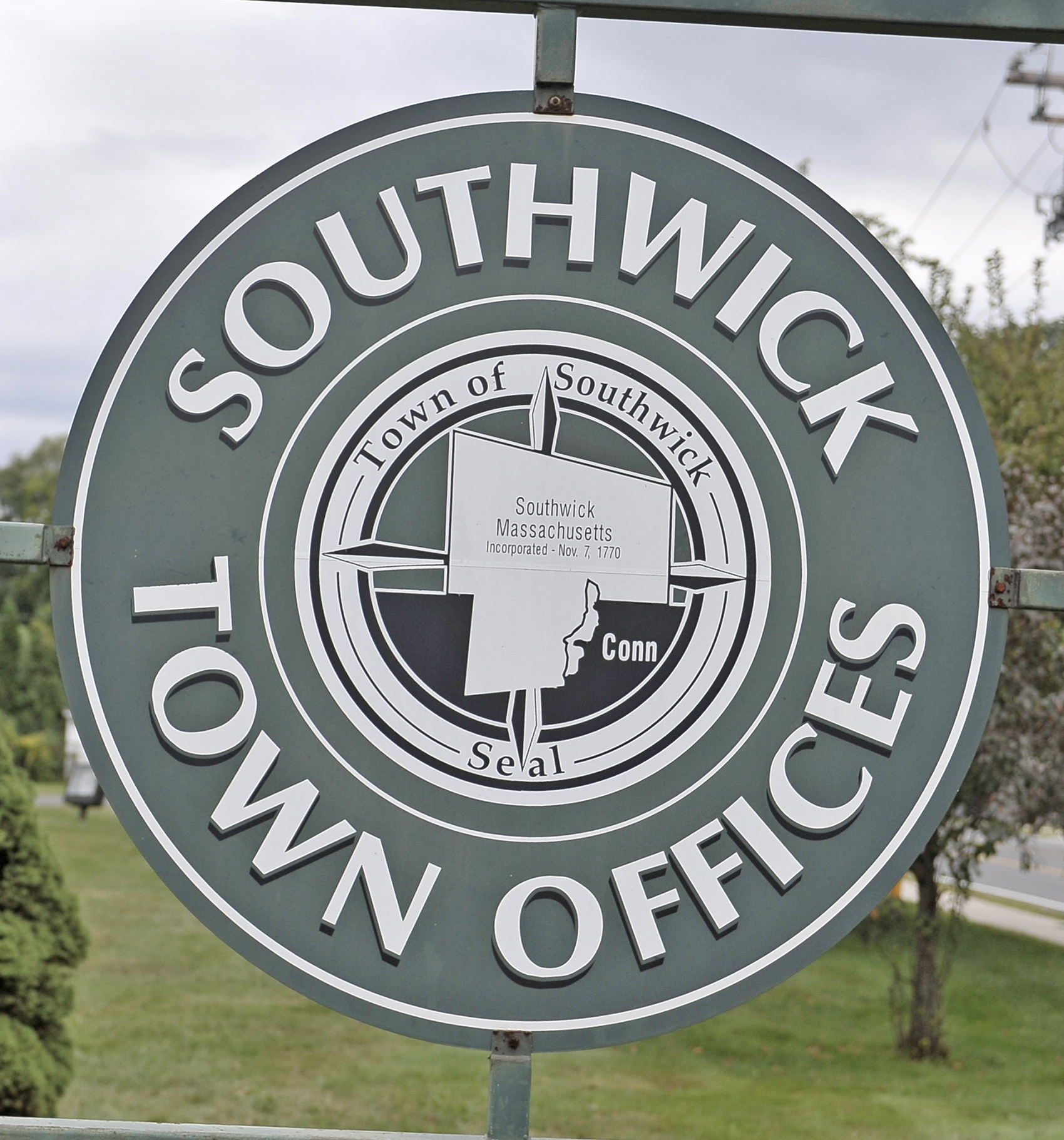 SOUTHWICK – Police Chief Mark Krynicki requested the town adopt bylaws requiring solicitors to be fingerprinted.
SOUTHWICK – Police Chief Mark Krynicki requested the town adopt bylaws requiring solicitors to be fingerprinted.
The request came after Krynicki discovered that two members of a magazine solicitation company selling door-to-door subscriptions in Southwick had criminal pasts.
“One person was a convicted murderer and another was a registered sex offender in the South – these are not people I want going door-to-door in Southwick,” said Krynicki.
The two men were not allowed to solicit in town.
The bylaw, which has been adopted in at least a dozen communities in the state, was drafted through the Municipal Police Chiefs Association and requires that solicitors not only register with the town, but every employee that will solicit must be fingerprinted on the company’s dime.
“The companies would pay a $100 fee for this,” said Krynicki. “Now, we’re doing this with taxpayer money. Let’s use the vendor’s money.”
Krynicki said the bylaw is the “proper venue to check up on hawkers and peddlers.”
The bylaw would also allow Southwick police to utilize the state records and have a fingerprint reader, which would expedite the process. Currently, said Krynicki, police have to make a special request to search for prints.
“I think it’s a good tool for us to use,” Krynicki said.
Krynicki said soliciting is not allowed in Southwick without a permit and residents have the right to ask anyone soliciting at their home to produce proof of a permit. He said religious groups and some companies, such as grocery sales and delivery services, can obtain a blanket permit. Other companies must obtain permits every time they plan to solicit.
Krynicki said traveling solicitors are rarely checked on by the companies that hire them.
“These are people willing to travel and live in hotels and the companies generally do not perform background checks,” he said.
The bylaw is aimed to keep residents safe.
“My goal is to protect the town,” said Krynicki. “We hope this bylaw will change how companies hire people. We’d like to see them screen employees before sending them to our community.”
Krynicki added that the intent of the law is not to discourage companies, but to protect citizens.
“I feel people should be safe,” he said.
The bylaw is before the Board of Selectmen. If approved by the board, the bylaw then goes to the town’s legal counsel for language approval and will then be put before voters at Town Meeting. If passed, the state then must approve it before it becomes a bylaw.
A copy of the warrant for the Special Town Meeting on October 10, 2012 is available here.






